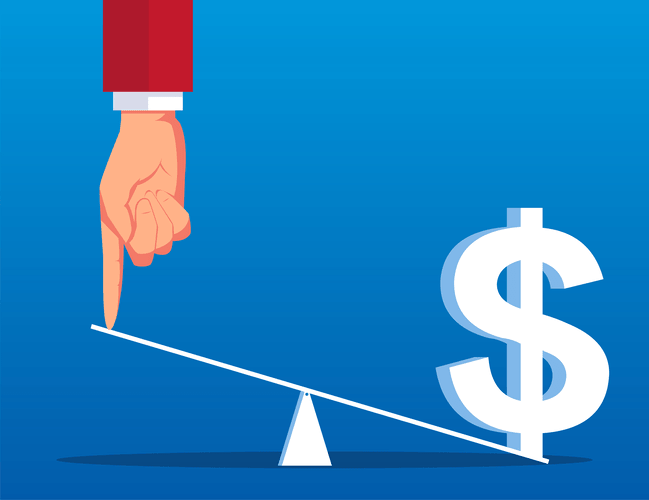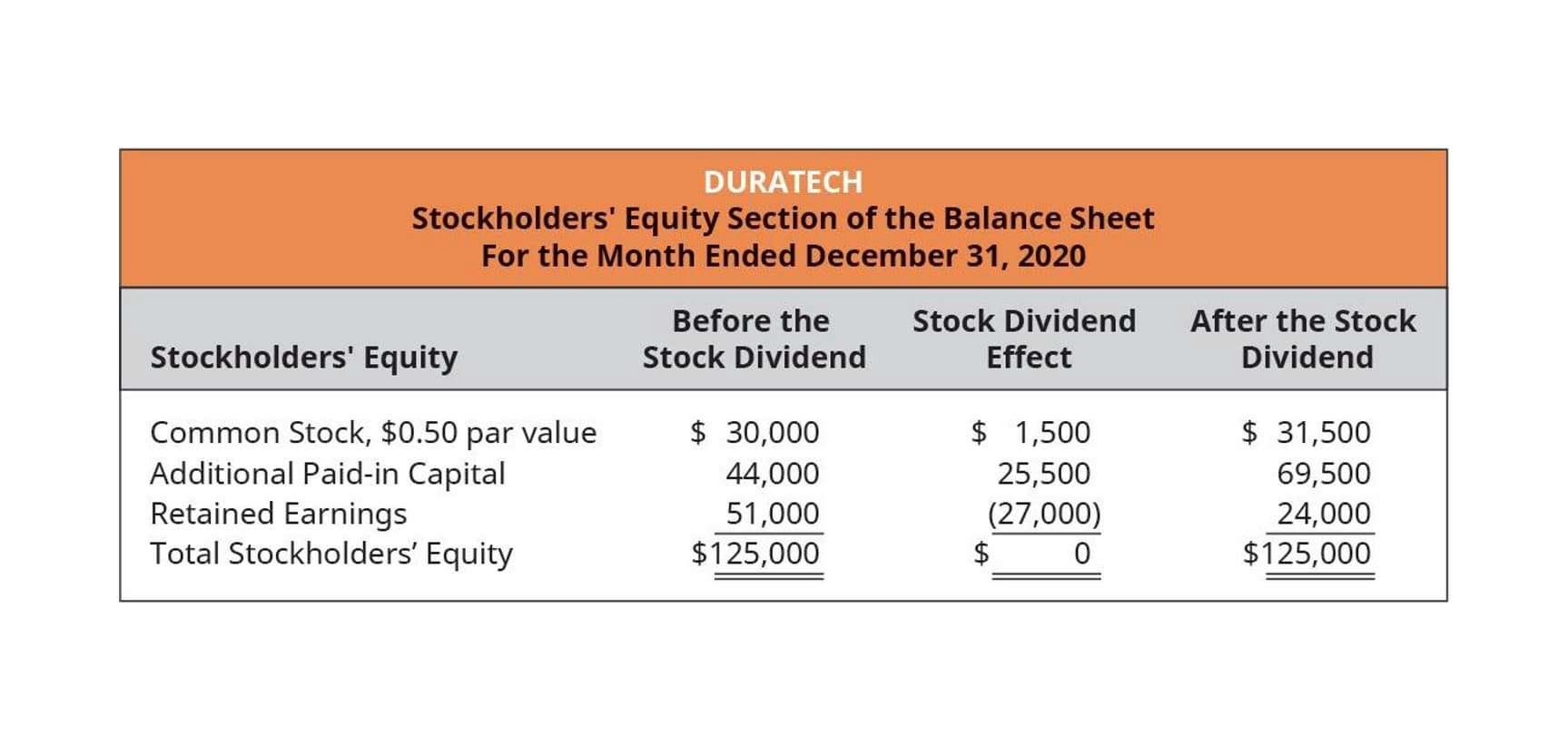
A single, central, authoritative data set ensures consistency across all accounting processes and financial reports. This improves accuracy by eliminating many of the error-prone manual steps, such as regular data backups, required when using spreadsheets. Less time spent on administration enables you to apply more time to productive activities that grow your business. In addition, cloud software can automate reconciliation processes. It matches internal transactions to bank records, flags errors, and matches received invoices to payments and shipments.

The Rise of SaaS in Financial Management
- As with most types of software, the best cloud accounting software programs offer many levels of security.
- Your data is backed up automatically, so it’s impossible to lose your financial data if you forgot to click ‘save’.
- This has led to an even greater level of flexibility and customization, generating opportunities to leverage analytics and AI for a growing slate of individualized use cases.
- It can expensive to upgrade the software and maintain backups of information.
- The main downside of a cloud-based solution is that you are really dependent on the vendor to maintain your data, extract your data, etc.
- Accounting software offers features for tracking the revenue and expenses of a business.
As it stands, MTD rules already apply to VAT, but the government is planning to roll out these requirements to Income Tax Self Assessment and Corporation Tax as well. To comply with Making Tax Digital rules, businesses must keep digital records and submit their returns through digital links using HMRC-recognised accounting software such as QuickBooks. By investing in HMRC-recognised cloud accounting software now, your clients can future-proof their finances for many years to come. There are many ways that customer relationship management software can make a big impact on your business. CRM products and services are made for businesses of all sizes and to meet needs across all areas of a company.
Get started with Oracle ERP
It also allows you access from any location where you have access to the internet. This removes the need to work from one central office-based computer system. More and more work is now being done remotely, and being done online. This has led to businesses all over the world utilizing something called cloud accounting. There is no need to download QuickBooks Online because it is connected to the cloud, which means you can access it from any device with an internet connection.
Get QuickBooks
But there are risks, like shared resources and where data is stored. Cloud accounting systems often comply with industry standards and financial regulations. They offer features such as tax reporting and automated compliance checks to help businesses meet their legal obligations. Collaboration between accountants, business owners, and other stakeholders is simplified in the cloud.
What are the benefits of using cloud accounting software?
Several programs we evaluated let you add more than one business to your account, though some companies charge extra for this convenience. Also, the types of accounting methods that are important to you will depend on the specific needs of your business. For example, if you run a small freelance business, project-based billing might be the most important feature.

If this is the case, it is worth looking at some of the traditional options for the desktop versions. More significant business can include a developer team and their servers. If, as a small business, you invite lots cloud accounting of users to log in, you might share the wrong information with people if you have not set the user controls. Most accounting packages include features to email pdf’s jpeg, and other receipts directly to the account.
- Open APIs mean you can add a range of third-party apps and tools to expand your core business system.
- Some can only capture receipts for expense tracking, some allow you to create and send invoices, and others have almost every feature the web-based software does.
- In addition, traditional accounting software requires you to support networks, servers, and workstations and can be a considerable expense in comparison to cloud computing.
- Thanks to financial management software and smart accounting apps, moving to digital is essential.
- The installation and maintenance of the hardware and software is your staff’s responsibility.
- Or, if you plan to do some work on your mobile device, a full-featured mobile app might be at the top of your list.
Here are six benefits of cloud accounting software you need to know. While financials handles one area of the business, ERP encompasses a wide range of business processes—including financials. Xero offers pricing plans to suit businesses of different sizes and stages. In addition, Xero accounting and bookkeeping partners can offer bare-bones plans for businesses that need only the basics. We’re upfront about pricing, and provide full details of our pricing plans and optional extras.
- The main difference between the four plans is the number of different clients that are allowed to be billed per month.
- For subscription pricing, expect to pay anywhere from $15 per month for a basic starter plan to $350 per month for a more advanced service plan.
- To comply with Making Tax Digital rules, businesses must keep digital records and submit their returns through digital links using HMRC-recognised accounting software such as QuickBooks.
- Plus, it offers enhanced security, so your customer and company data is always safe.
- Most accounting software comes with a third-party app marketplace for integrations.
- The IT leadership therefore defined varying adoption archetypes to meet each unit’s technical, risk, and operating-model needs.
- The best accounting software is cloud-based and no longer provides a desktop option.

